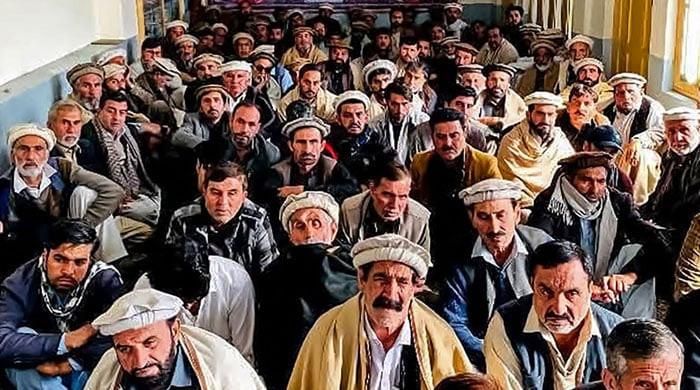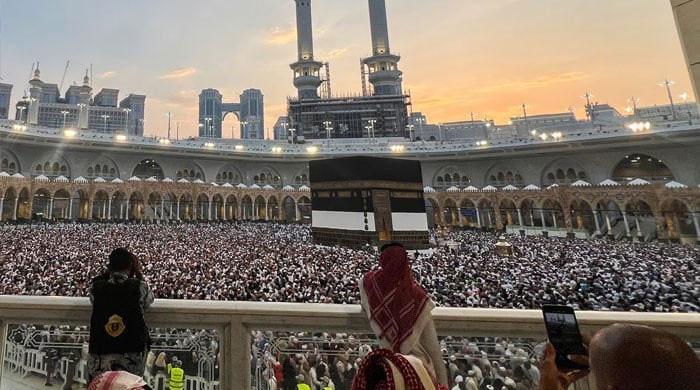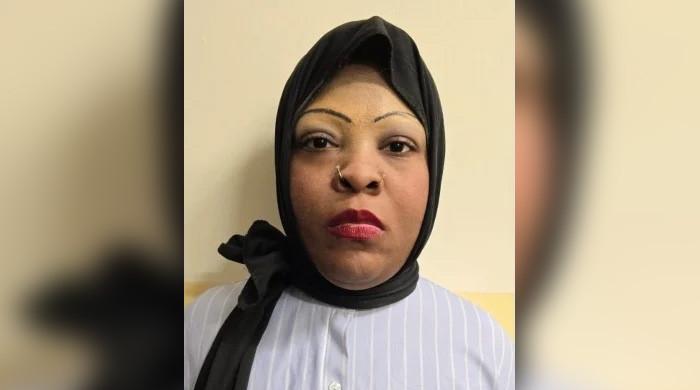Malir's once bountiful fruit orchards are in urgent need of rescue
Local farmers lament underground freshwater shortages and lack of government cooperation
August 26, 2020
Away from the hodgepodge urban landscape, the orchards of Malir district — located on the outskirts of Karachi — are a sight for sore eyes.
A dense coverage of towering date trees right at the entrace of Malir's Murad Memon Goth area welcome visitors and provide much respite from the chaos of city life.
However, depletion of groundwater reservoirs and lack of government attention have devastated the fields to an extent that where the trees were previously spread over approximately 250 acres of land, now only span across seven to eight acres, residents said.
Elderly residents told Geo.tv that in the past there was never any fencing or a ban on picking fruits from Malir's orchards but those days are long gone.
"When the number of orchards dwindled, gates had to be installed to protect them. Malir is the only area in Karachi that still offers a beautiful blend of rural and urban life," said a native farmer, Abdul Qadir Dars.
He said that fruits and vegetables are still cultivated here, however, lamented that the shortage of freshwater has harmed their growth potential.
"The land is fertile, so when it rains, the scenic beauty of the dense green fields is enhanced," one of the native farmers told Geo.tv.
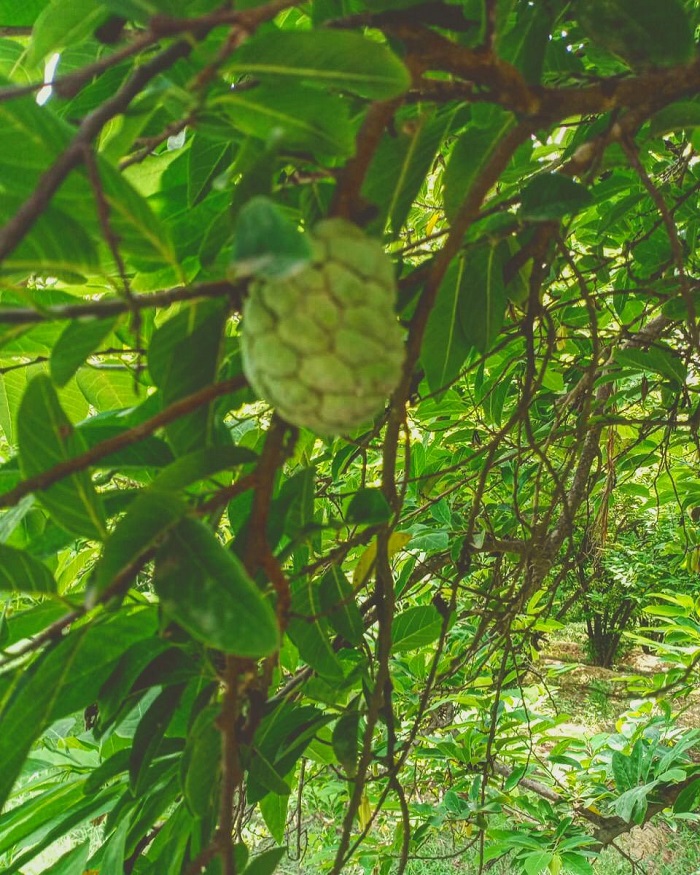
Guavas, one of the orchards' leading produce, are called jaam or zaitoon by the local residents. "There was a time when the sweetness of Malir's guavas was relished far and wide," one of the residents recalled.
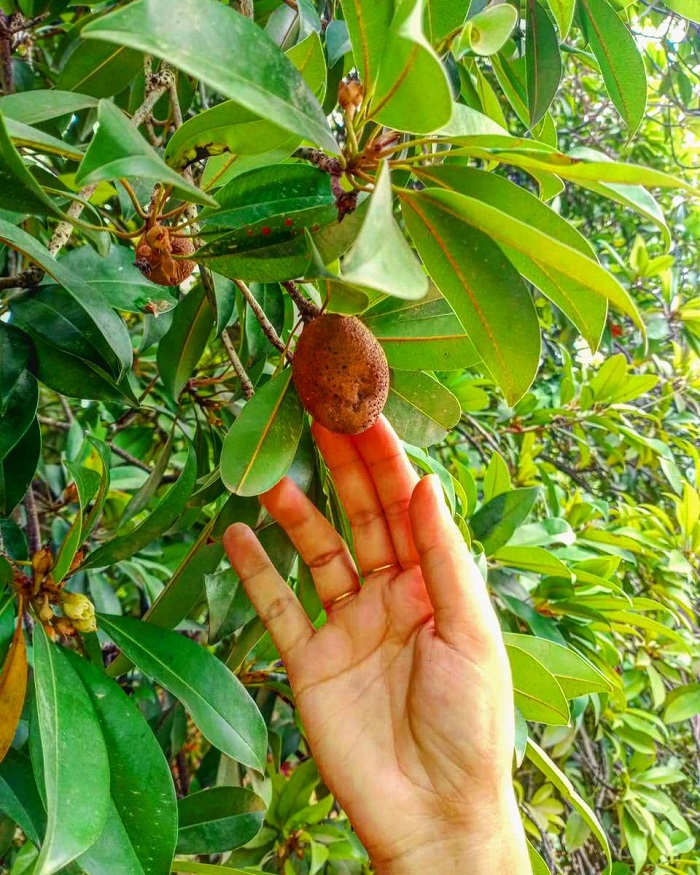
A local trader, Lal Mohammad, said that besides guavas, the orchards of Malir also grow custard apples, papaya, and sapodilla (commonly known as chicoos), of "incomparable" taste.
Taufiq Pasha, who is a gardener by profession, said that sand and gravel have been stolen from the Malir River and that has caused the depletion of groundwater reserves.
Meanwhile, Abdul Qadir Dars said that another reason for the fast depleting number of fields is the "non-cooperation" of the government authorities with the local farmers.
"Even then, the gates of these orchards were never closed to the people," Dars said, adding that "now these fields need serious protection".




